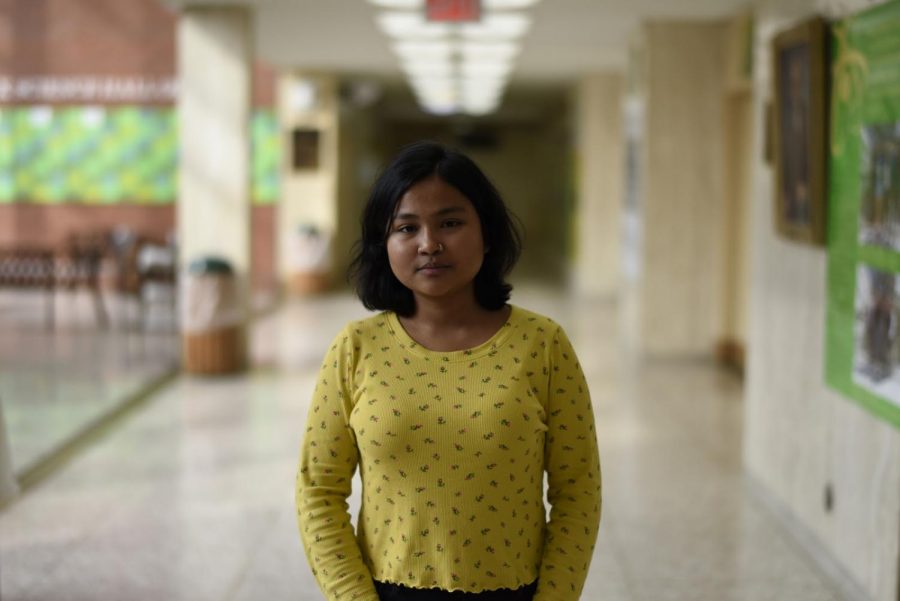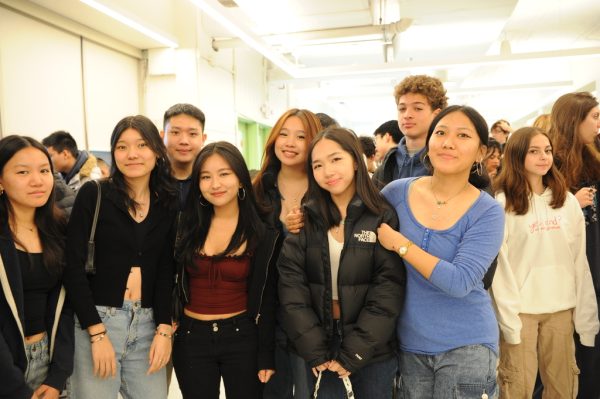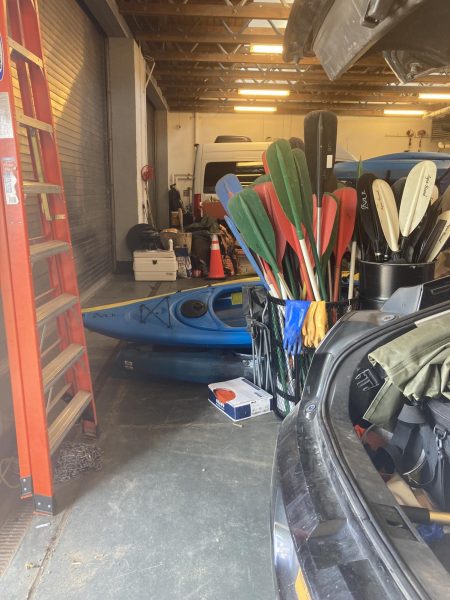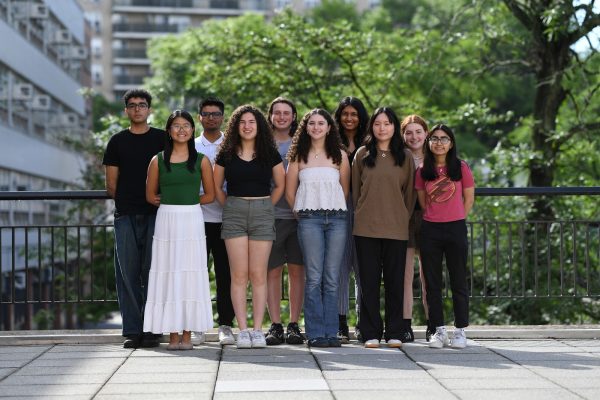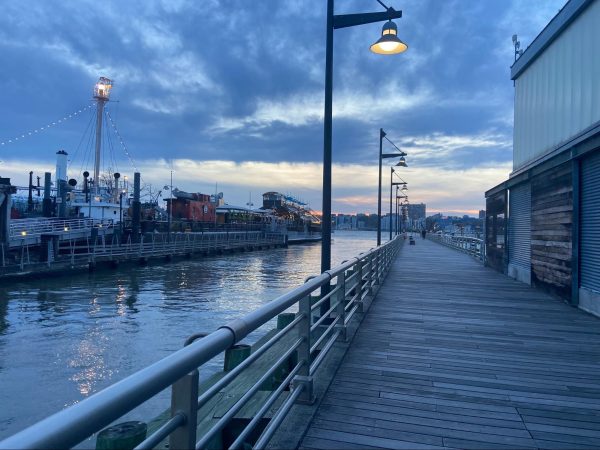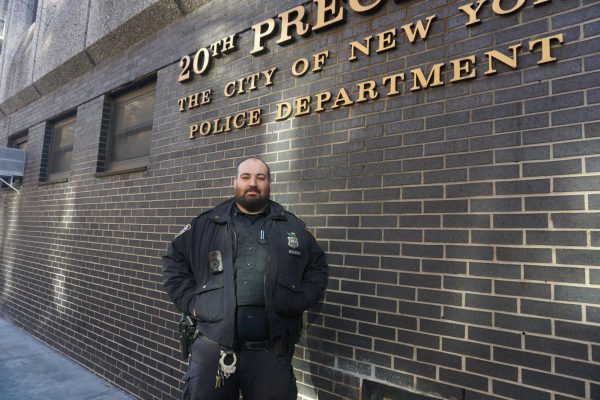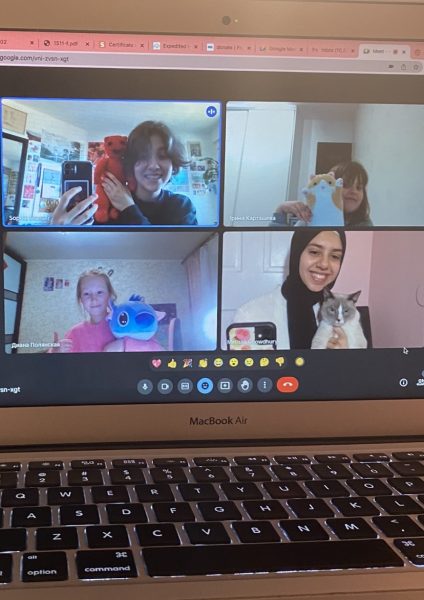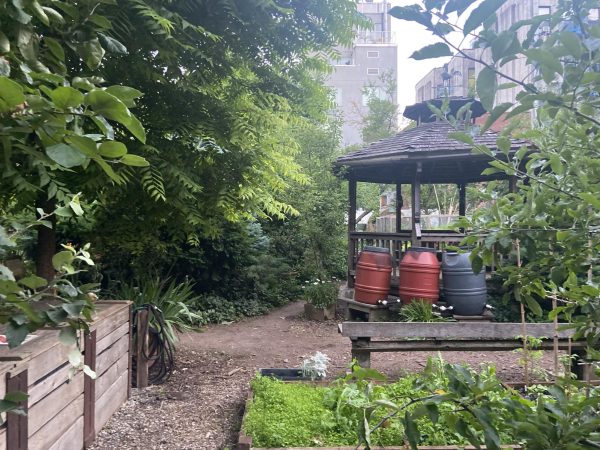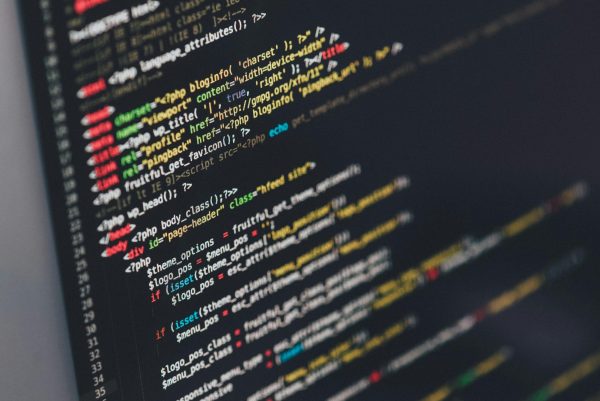Making Your Voice Heard
A guide to getting politically involved even when you can’t vote
Ananya Roy, ‘20, is involved with the organization Youth Justice Board, which helps students to advocate for changes in public policy.
Many students at Bronx Science feel as though their voice doesn’t matter in the world at large. They reason that since they can’t vote, they can’t contribute politically. However, despite being unable to vote, there are many ways they can make their voices heard, and perhaps have an even greater influence than just by voting.
For some, activism helps ensure that their voices are not ignored. “Adults who create legislation and policies that focus on youth very often won’t even ask for their input. If we want to see our voices heard, we have to get involved,” said Ananya Roy ’20.
Student involvement in activism has a long and rich history, from the Tiananmen Square protests, to the Prague Spring, to the more recent Black Lives Matter and March for Our Lives movements. Now, more than ever, students need to continue that inspiring tradition of speaking out, fighting back, and making their voices heard.
“If we want to see our voices heard, we have to get involved,” said Ananya Roy ’20.
The first and most essential way to get involved is to stay informed. Even for students who have very little time, there are many ways to quickly stay updated without falling behind on work. Apps like iCitizen and BriefMe work on both Android and IOS, and provide frequent (and brief) updates on current events. Being knowledgeable about current events is especially important for those who wish to contribute productively to a national narrative about issues that affect Americans every day. Weighing in on things like taxes, healthcare, and gun control without enough knowledge of those issues can be harmful, so understanding the current landscape is essential.
Once they are up to date on current events, there are various ways for students to get involved. Those with more free time might want to consider joining a national or community based organization, or working with politicians. For those who are passionate, but lacking in time, volunteering, attending rallies and protests, or calling representatives might be a better option.
For those looking to work directly with politicians, securing a political internship might be the right option. It is incredibly difficult to get a congressional internship as those are usually reserved for college students and are located in Washington D.C. The best option would be to look up your local city council members, and apply for an internship with them. You will gain experience in the political world, and meet a variety of passionate people, and perhaps even talk to the staff about legislation you care about. That said, if you believe you have the experience, organizational skills, and time to commit to a congressional internship, there is no harm in applying.
Interaction with politicians is not just limited to internships. Oftentimes, your representatives, especially your local ones, are eager to meet with you and learn about the issues you care about. Do research on the topic that you would like to discuss with them, then e-mail your state senate or assembly member to ask to set up a meeting. They will, more often than not, agree to meet and listen to your opinions.
Holding your representatives accountable for their actions is an integral part of a functioning democracy, and doesn’t take much time. “As constituents, if your councilmember or congressperson is doing something that you think is unfair or unjust, call them! People underestimate the power of those calls, but they really do hold a lot of weight altogether,” said Roy.
“In an age where our voices tend to be heard but not acknowledged due to our inability to vote, we need to engage in all other parts of participation in our democracy” said Babou Gaye ’20, stressing the importance of getting involved in activism.
Organizations like Youth Justice Board, the New York Civil Liberties Union’s “Teen Activist Program,” Teens Resist, Youth Over Guns, New York City Says Enough, and YO S.O.S. were all created specifically for young people to get involved in activism. Their advocacy spans a range of issues, from immigrant rights to women’s rights,to gun reform to police demilitarization.
“Take Action NYC” provides a master calendar of all protests, sit-ins,and rallies going on in New York City,spanning a wide range of issues. All are welcome and encouraged to attend any of these events, which is good for those who don’t have the time to join an organization, but still want to be politically involved.
Organizations within the school also provide a more easily accessible activist outlet. Clubs like Project FIRE, BOSS/WISS, Amnesty International and others meet after SGI to discuss and take action within the school and the community at large.
Students can also check the student opportunities board by the cafeteria, which usually has various ways to get involved in politics, including internships and volunteer opportunities.
There are so many ways for students to influence the world around them, to effect change, and make their voices heard. Students should not let an inability to vote convince them that they don’t have the power to make a difference.
Audrey Hill is a Copy Editor for the ‘Science Survey’ and a Groups Section Reporter for ‘The Observatory.’ She has always loved writing and storytelling,...
Gazi Fuad is a Chief Photographer & Photo Editor for the school yearbook ‘The Observatory.’ Outside of school, he is part of a team of photographers....

